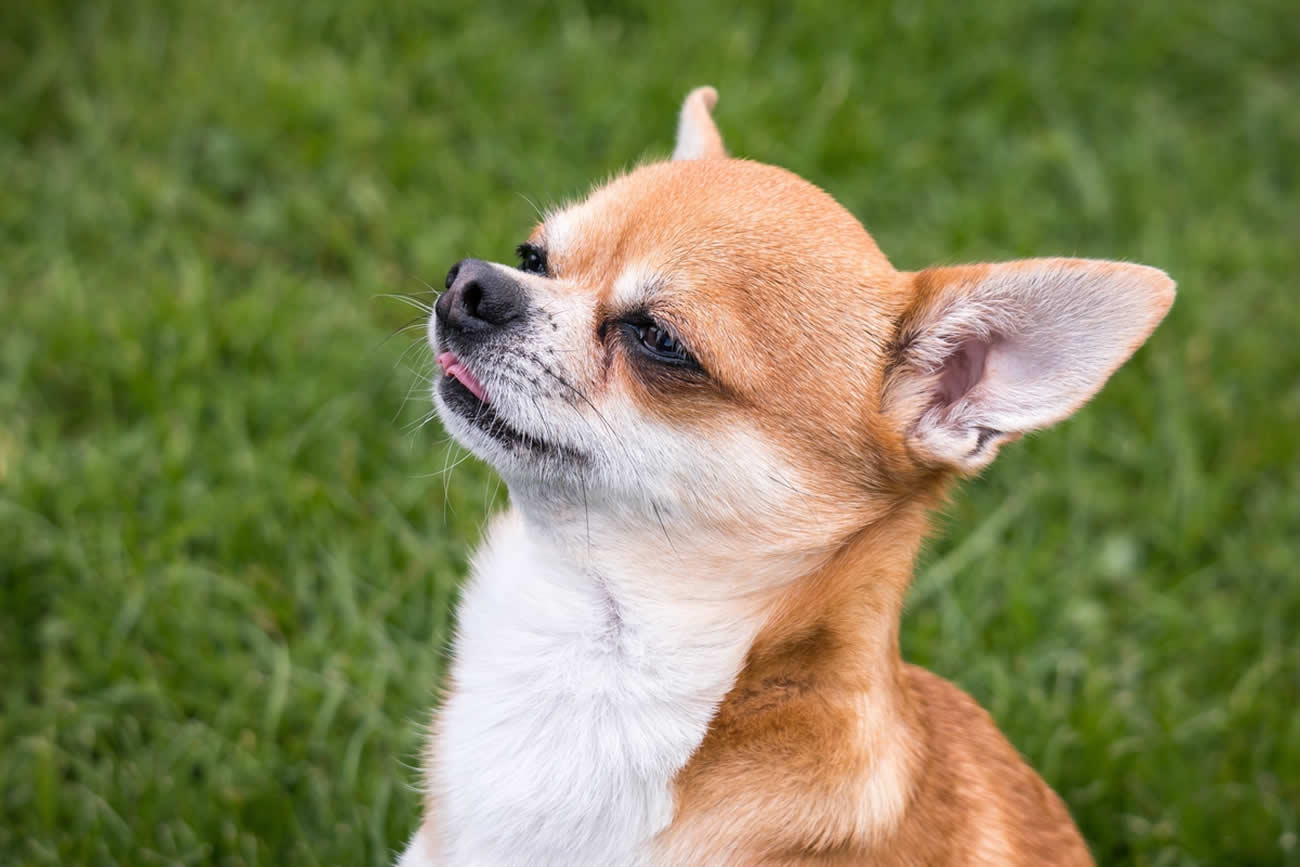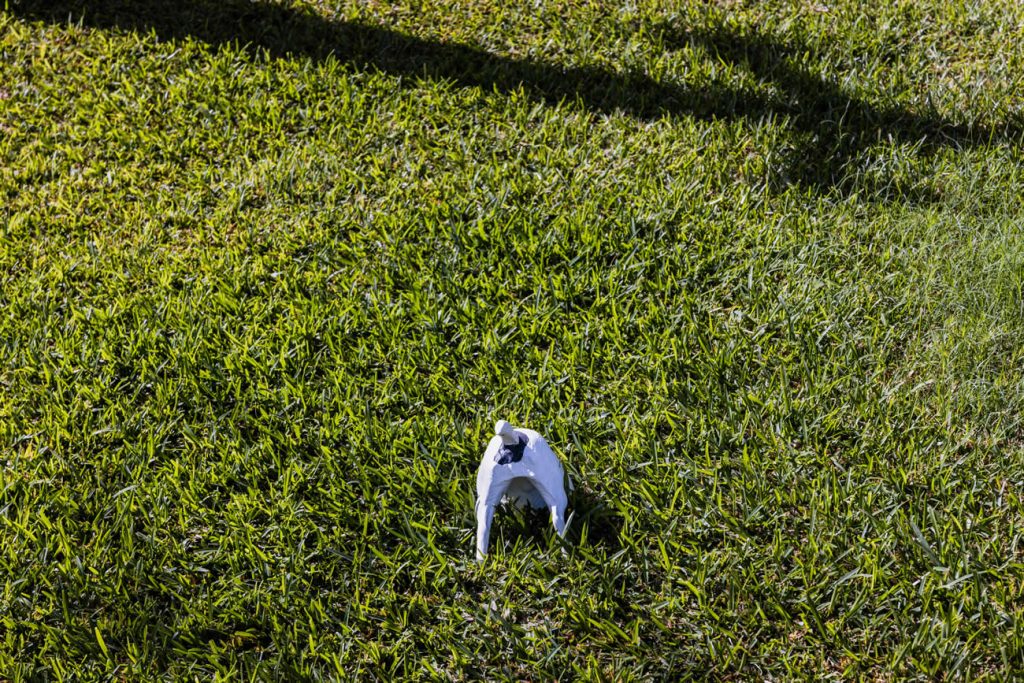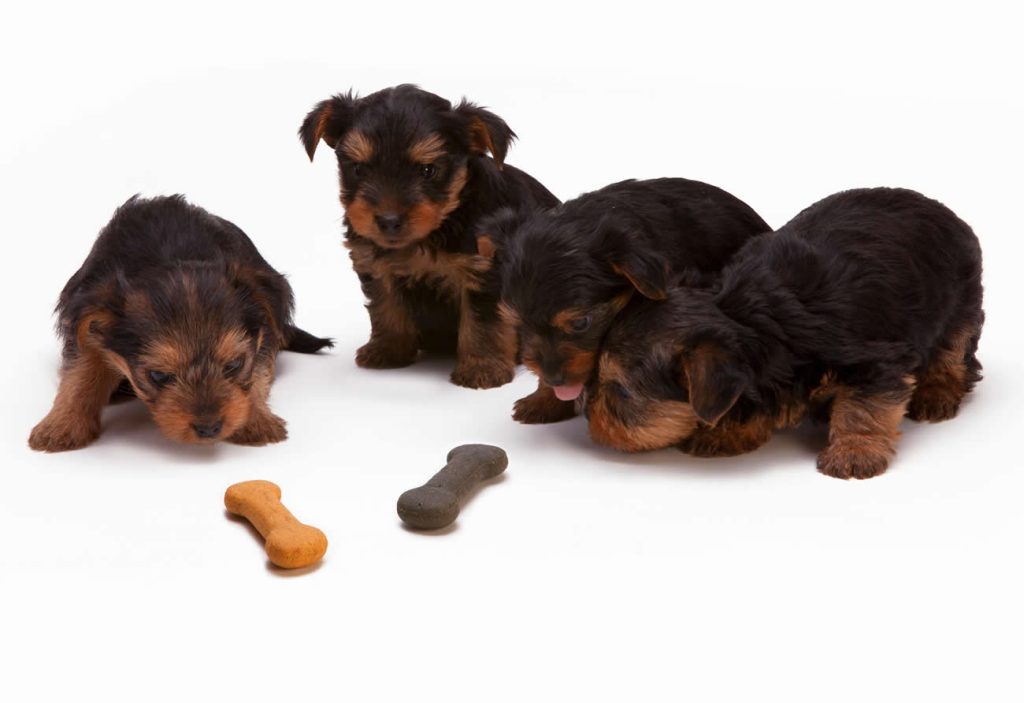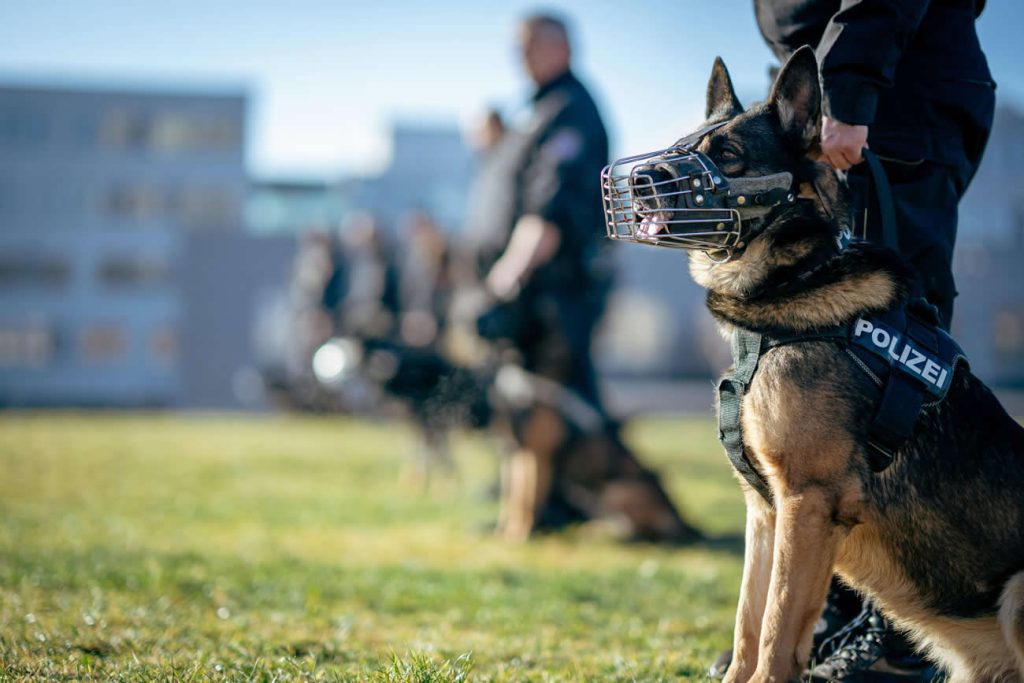If you’ve ever looked at your Chihuahua and wondered if they’re too small, too big, or just right, you’re not alone. Weight is one of the most common concerns for Chihuahua owners. Their tiny size makes every ounce feel important, and with such a delicate frame, even small changes in weight can affect their health. Knowing how much a Chihuahua should weigh isn’t about numbers alone—it’s about understanding what keeps them healthy, strong, and comfortable throughout their long life.
When you know what’s normal and what isn’t, you can make better decisions about food, exercise, and vet care. And when you’re confident about your Chihuahua’s weight, you feel reassured that you’re giving them the best life possible.
Quick Facts About Chihuahua Size
Chihuahuas are the smallest dog breed in the world. On average, they weigh between 2 and 6 pounds, which is around 1 to 3 kilograms. Their height at the shoulder is usually between 6 and 9 inches, or about 15 to 23 centimetres. Some dogs fall outside this range, but these figures are widely recognised as the standard.
Despite their small size, they are known for having a bold and confident personality. They live long lives compared with many breeds, averaging 14 to 17 years, and some reach 20 years or more. This long lifespan means that keeping a close eye on their weight matters even more, as it plays a role in preventing health problems as they age.
Both smooth-coated and long-coated Chihuahuas fall into the same weight category. Their appearance may differ depending on coat type, but their body size is usually similar.
What Is the Ideal Weight for a Chihuahua?
Both the American Kennel Club (AKC) and The Kennel Club in the UK set similar breed standards. According to these organisations, the ideal weight for a Chihuahua is between 2 and 6 pounds, or 1 to 3 kilograms. Anything above 6 pounds (3 kilograms) is considered outside the standard unless the dog is unusually tall or has a different body type.
It’s important to remember that these standards were designed with show dogs in mind. For family pets, being slightly above or below that range doesn’t always mean there’s a problem. Some Chihuahuas naturally have a slightly bigger frame or stronger bone structure. What matters most is proportion, body condition, and overall health.
Why Some Chihuahuas Weigh More or Less
Not every Chihuahua fits neatly into the same weight range, and there are good reasons for that. Genetics play a huge role. If the parents are smaller or larger than average, their puppies may inherit the same traits.
Coat type sometimes affects perception. Long-coated Chihuahuas may appear larger because of their fur, but their actual weight is usually similar to smooth-coated ones.
Bone structure is another factor. Some Chihuahuas are naturally fine-boned and slender, while others are sturdier with slightly wider frames. Two dogs of the same height may weigh very differently depending on bone density and muscle.
Metabolism also varies from dog to dog. Chihuahuas with faster metabolisms may stay slim easily, while others put on weight more quickly. Just like with people, no two Chihuahuas are exactly alike.
How to Tell If Your Chihuahua Is Underweight
Knowing the signs of being underweight helps you protect your dog. A Chihuahua is underweight if you can clearly see ribs, spine, and hip bones without touching them. Their waist may appear too narrow, and their coat may look dull because of poor nutrition.
Energy levels are another clue. An underweight Chihuahua may tire quickly, show signs of weakness, or be reluctant to play. Puppies that don’t gain weight steadily may be at risk of hypoglycaemia, a condition where blood sugar drops too low.
Being underweight can put strain on their organs, weaken their immune system, and reduce their ability to fight illness. If you suspect your dog is too thin, it’s always worth speaking to a vet for advice.
How to Tell If Your Chihuahua Is Overweight
On the other end of the scale, many Chihuahuas struggle with being overweight. A Chihuahua is overweight if you cannot feel their ribs easily under the skin, if they have no visible waist when viewed from above, or if their stomach sags when seen from the side.
Excess weight in Chihuahuas is particularly dangerous. Because they are so small, even a pound or two over their ideal weight makes a big difference. Obesity can lead to heart disease, joint problems, diabetes, and shorter life expectancy.
You may also notice reduced mobility. An overweight Chihuahua may avoid jumping on furniture, struggle with stairs, or pant heavily after short walks. These are clear signs that weight management needs attention.
Puppy Weight vs Adult Weight
Chihuahua puppies grow quickly in the first few months, but they don’t reach their adult weight until around 9 to 12 months of age. At birth, most weigh only a few ounces. By the time they are 8 to 10 weeks old, they usually weigh between 1 and 2 pounds.
Puppies should steadily gain weight each week. Sudden loss or failure to grow can be a sign of health problems and should be checked by a vet. By 6 months, many puppies are close to their adult weight, but they may continue to fill out slightly until their first birthday.
Monitoring growth during puppyhood is important. Too little growth can mean underfeeding or illness, while too much too quickly can put strain on developing joints.
Nutrition and Feeding for Healthy Weight
Food is one of the biggest factors in maintaining a Chihuahua’s weight. Because of their fast metabolism, they do best with small, regular meals. Adult Chihuahuas usually thrive on two meals a day, while puppies may need three to four smaller meals.
Portion size depends on age, activity level, and the type of food you use. On average, an adult Chihuahua eats around a quarter to half a cup of dry dog food per day, split into two meals. High-quality food designed for small breeds works best, as it provides concentrated nutrients in small portions.
Protein should form the basis of their diet, with meat or fish as the main ingredient. Too many fillers like corn or wheat can lead to weight gain without providing the right nutrition. Treats should be given sparingly and factored into daily calorie intake.
Water is equally important. Because of their small size, dehydration can happen quickly, so fresh water should always be available.
Exercise and Activity
Even though they are small, Chihuahuas need regular exercise to stay at a healthy weight. Daily walks combined with indoor play help burn calories and keep muscles strong.
Short bursts of activity often suit them better than long, tiring sessions. A couple of 15 to 20-minute walks a day, plus some active play, is usually enough for most adult Chihuahuas. Puppies need gentler exercise to avoid damaging their joints, while older dogs may require shorter but more frequent outings.
Exercise also benefits their mental health. Boredom can lead to overeating, so keeping them active prevents both weight gain and behavioural issues.
Health Conditions That Can Affect Weight
Some health problems directly influence weight. Hypothyroidism, a condition where the thyroid gland doesn’t produce enough hormones, can cause weight gain and lethargy. Diabetes, which is more common in overweight dogs, also affects how they process food.
Dental issues are another concern. Chihuahuas are prone to dental disease, and painful teeth or gums may stop them eating properly, leading to weight loss. Regular dental care helps prevent this.
Parasites, digestive problems, and chronic illnesses may also affect appetite and metabolism. If your Chihuahua’s weight changes suddenly without explanation, a vet visit is essential.
What To Do If Your Chihuahua Is Not at a Healthy Weight
If your Chihuahua is underweight, your vet may suggest adjusting their diet, checking for underlying health issues, or adding supplements. Sometimes something as simple as feeding more frequently can make a difference.
If your Chihuahua is overweight, portion control, increased activity, and switching to a lower-calorie food can help. Weight should be reduced gradually—rapid loss can be dangerous. Regular weigh-ins at home or at the vet allow you to track progress safely.
Consistency is key. Changes won’t happen overnight, but with patience and care, you can bring your dog back to a healthy weight.
Are There Differences Between Pet Chihuahuas and Show-Standard Chihuahuas?
There are some differences between pet and show-standard Chihuahuas when it comes to weight. Kennel club standards typically set a strict upper limit of 6 pounds, or 3 kilograms. Show dogs are bred to meet this requirement, and any Chihuahua above that weight may not be eligible to compete.
Pet Chihuahuas, on the other hand, don’t need to meet show standards. Many healthy pets weigh slightly more than the official range, especially if they have a taller frame or sturdier build. What matters most for pets is overall health, not a number on a scale.
For most owners, aiming for the breed standard range is a good guideline, but your vet’s advice should carry more weight than any show ring requirement.
Final Thoughts
So how much should a Chihuahua weigh? The answer lies in a combination of breed standards, individual differences, and overall health. Most Chihuahuas fall between 2 and 6 pounds, or 1 to 3 kilograms, but some healthy dogs are naturally smaller or larger.
The key is not to focus only on numbers but to look at body condition, energy levels, and long-term wellbeing. By keeping your Chihuahua at a healthy weight, you protect them from health risks and help them live the long, happy life that this breed is known for.
Weight management isn’t about perfection—it’s about care, consistency, and understanding. With the right nutrition, exercise, and attention, your Chihuahua will thrive. And when you see them running, playing, or curling up happily beside you, you’ll know you’ve done your part in giving them the healthiest life possible.








